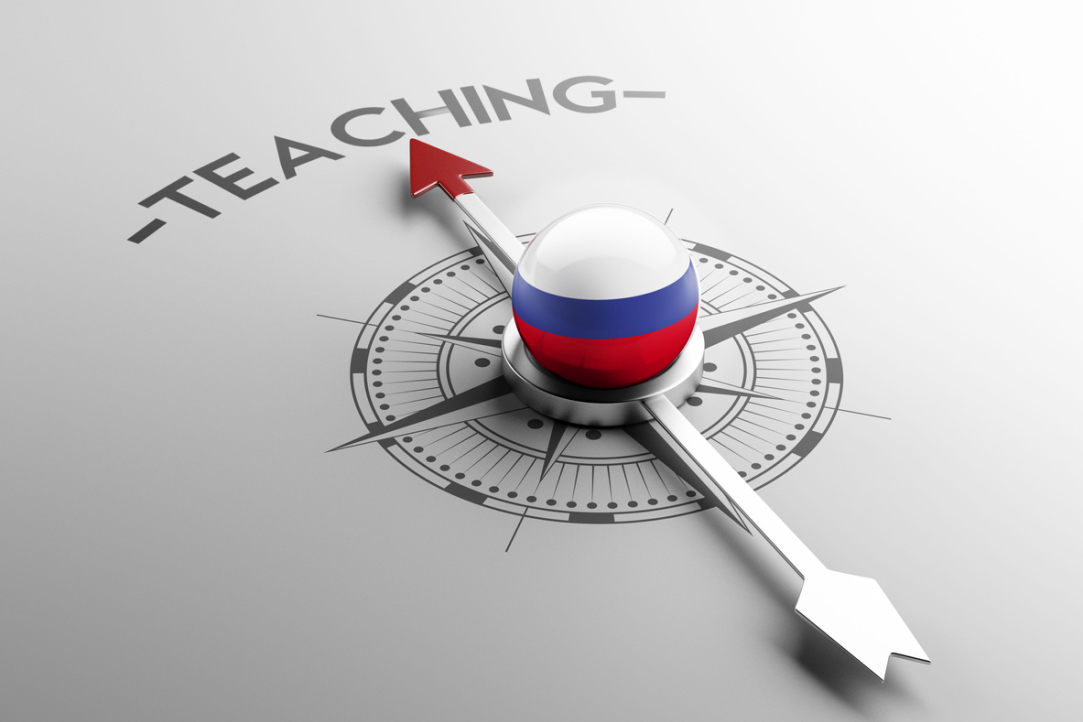
For Scholastic Success, Support Is Better than Control
While 9th-graders and 11th-graders are busy respectively preparing for the Basic State Exam (BSE) and Unified State Exam (U.S.E.), their parents are the ones who lay the groundwork for their success. However, if parental assistance turns into pressure, it can produce the opposite effect on young people, HSE University researchers note. Here, we look at how parents can help their children do well on the Unified State Exam.

Online Education: The ‘New Normal’ and Its Pitfalls
On the first day of the XI International Russian Higher Education Conference (RHEC), which was held online, representatives of universities and colleges discussed the impact of the coronavirus pandemic on Russia’s education system.

HSE Faculty of Chemistry Scientists Discover New Anti-cancer Molecule
A group of Moscow scientists has discovered and explained the activity mechanism of a new anti-cancer molecule — diphenylisoxazole. This molecule has been shown to be effective against human cancer cells. The research, published in the journal Bioorganic & Medicinal Chemistry Letters, makes it possible to produce an affordable cancer treatment drug.

From Future to Present: How the Coronavirus Crisis Opens up New Opportunities for Domestic Business
The pandemic has put global development on hold and this is a chance for Russia to occupy market niches that were previously closed. But innovation should become as essential as air and, without information technology, new niches will still not be open. Alexander Chulok, Director of the HSE UniversityCentre for Science and Technology Foresight, spoke about this in a special report at the global conference‘Accelerate Global 2020’.

Russian Language and Slavic Studies in Germany and Europe
In October, Professor Holger Kusse, Leading Research Fellow of the International Laboratory for the Study of Russian and European Intellectual Dialogue lectured at the seminar ‘West and East: The Universalism of Culture’. We spoke with Holger Kusse about his work in Germany and Europe, his research, and his plans for the 2020-2021 academic year.

Intercultural Awareness through the Looking Glass
Dr Anatoly Kharkhurin joined HSE University in 2019 as an Associate Professor at the Faculty of Social Sciences. He received his PhD in Experimental Psychology from the City University of New York and taught in the United States and the United Arab Emirates. This academic year he is teaching Psychology of Thinking and Reasoning and Psycholinguistics. Dr Kharkhurin shared with The HSE Look his perspective on the prospects for the digital transformation of social communication.
Artificial Intelligence Can Now Predict Students’ Educational Outcomes Based on Their VK Posts and Tweets
The new model, created by computational social scientist Ivan Smirnov of HSE University, predicts the academic success of Russian high school students with an accuracy of 94%. The model generates its predictions based on users’ distinctive vocabulary and speech patterns, and the predictions have strongly correlated with students’ Unified State Exam (USE) scores.

Research Only: How Academic Tourism Went Online and Why Scholars Like It
On October 23 – 24, 2020, the IX International Moscow Finance Conference will take place. The event has been organized jointly by ICEF and the London School of Economics. This year, the list of participants includes the editors of the two biggest journals in economics. Alexei Boulatov , Tenured Professor of HSE University, spoke about how the online format influenced the quality of academic events, what has changed in academic life over the last few months, and the topics that interest researchers today.

Gender Asymmetry Affects Labour Market
According to Natalia Tikhonova, a social scientist with HSE University, gender asymmetry has been on the rise in Russia's labour market over the past 20 years. Gender asymmetry is reflected in the ‘feminisation’ of white-collar jobs and a disproportionate number of men among blue-collar workers. In addition to this, increasing automation in traditionally male industrial sectors is leading to fewer jobs available to men. In contrast, occupations with a growing demand for skills tend to be those which are mainly filled by women.

Psychology and the Social Effect of Alcohol Consumption: The Latest ‘Sociology of Markets’ Seminar Held at HSE University
Experts from the Laboratory for Labour Market Studies presented a report entitled ‘The Impact of Non-Cognitive Characteristics on Alcohol Consumption’ at HSE University. They talked about how different character traits affect the degree of dependence on alcohol.

